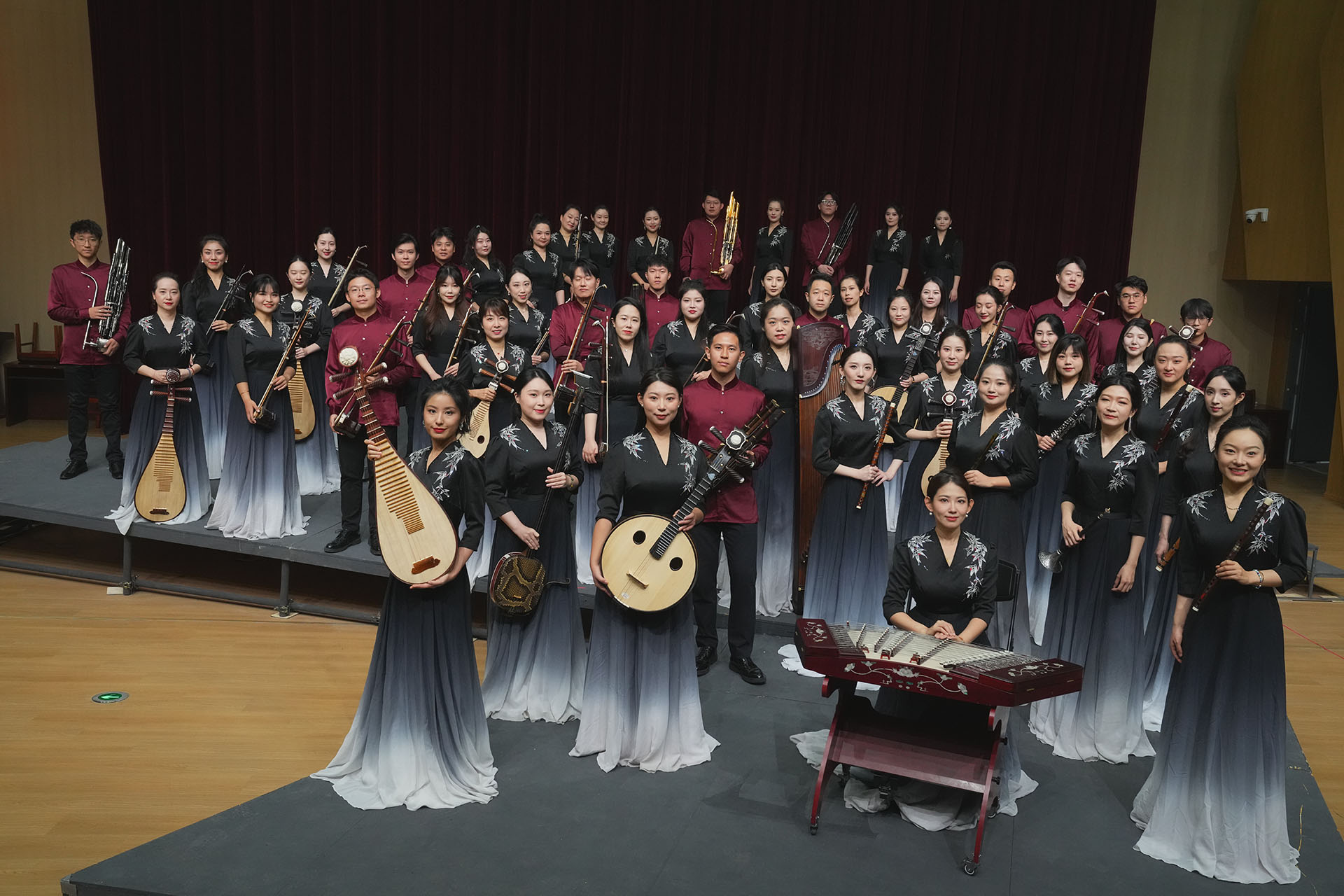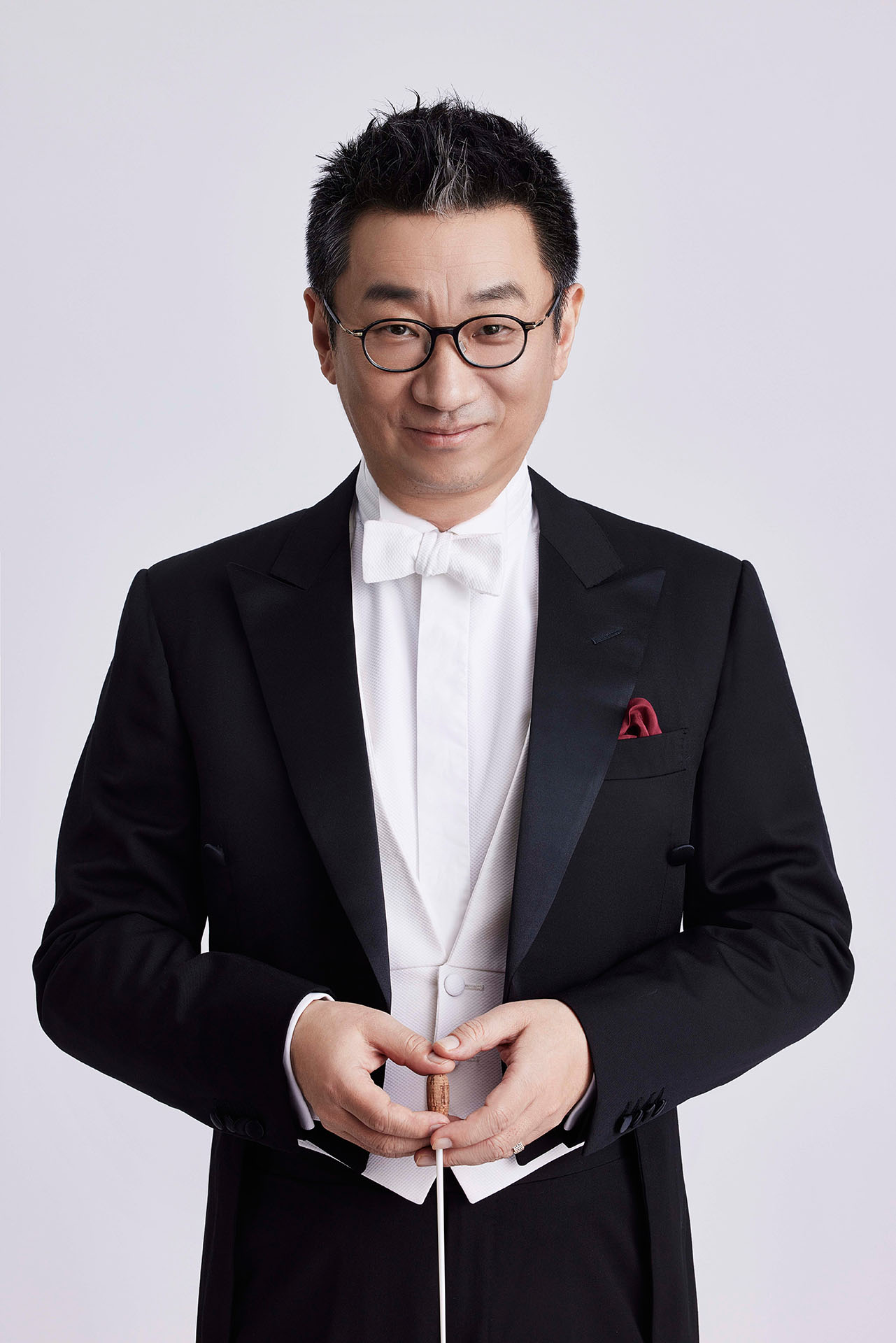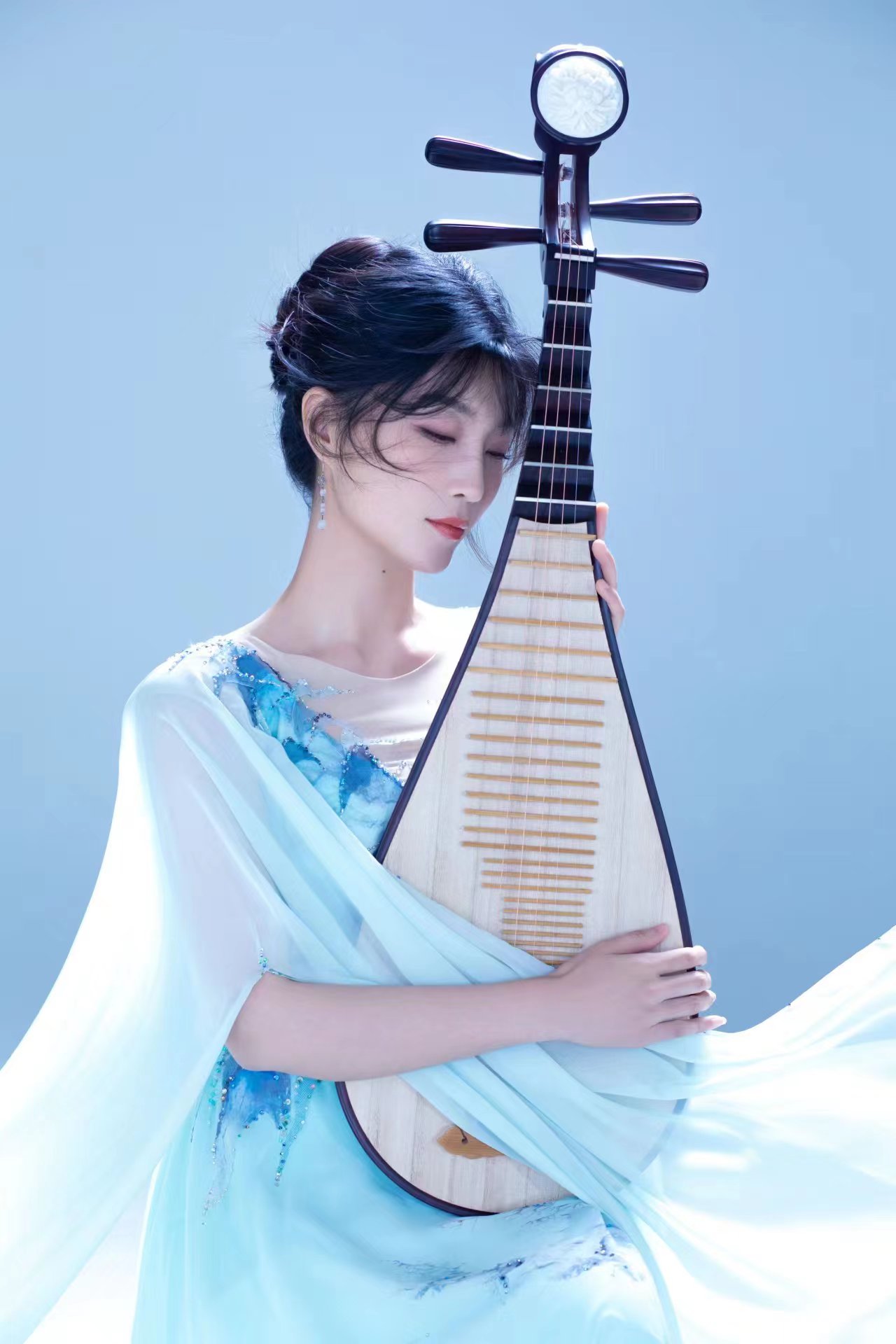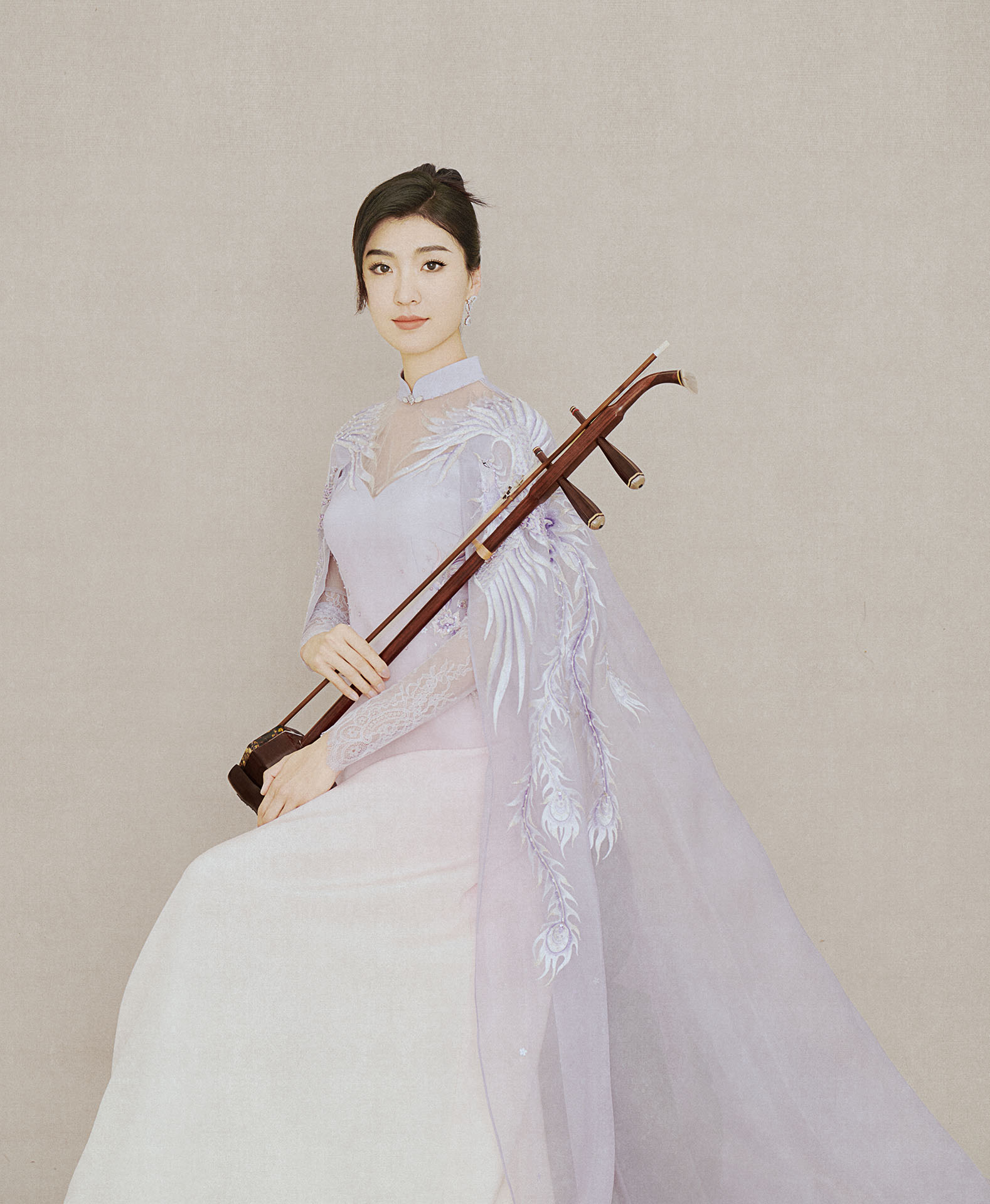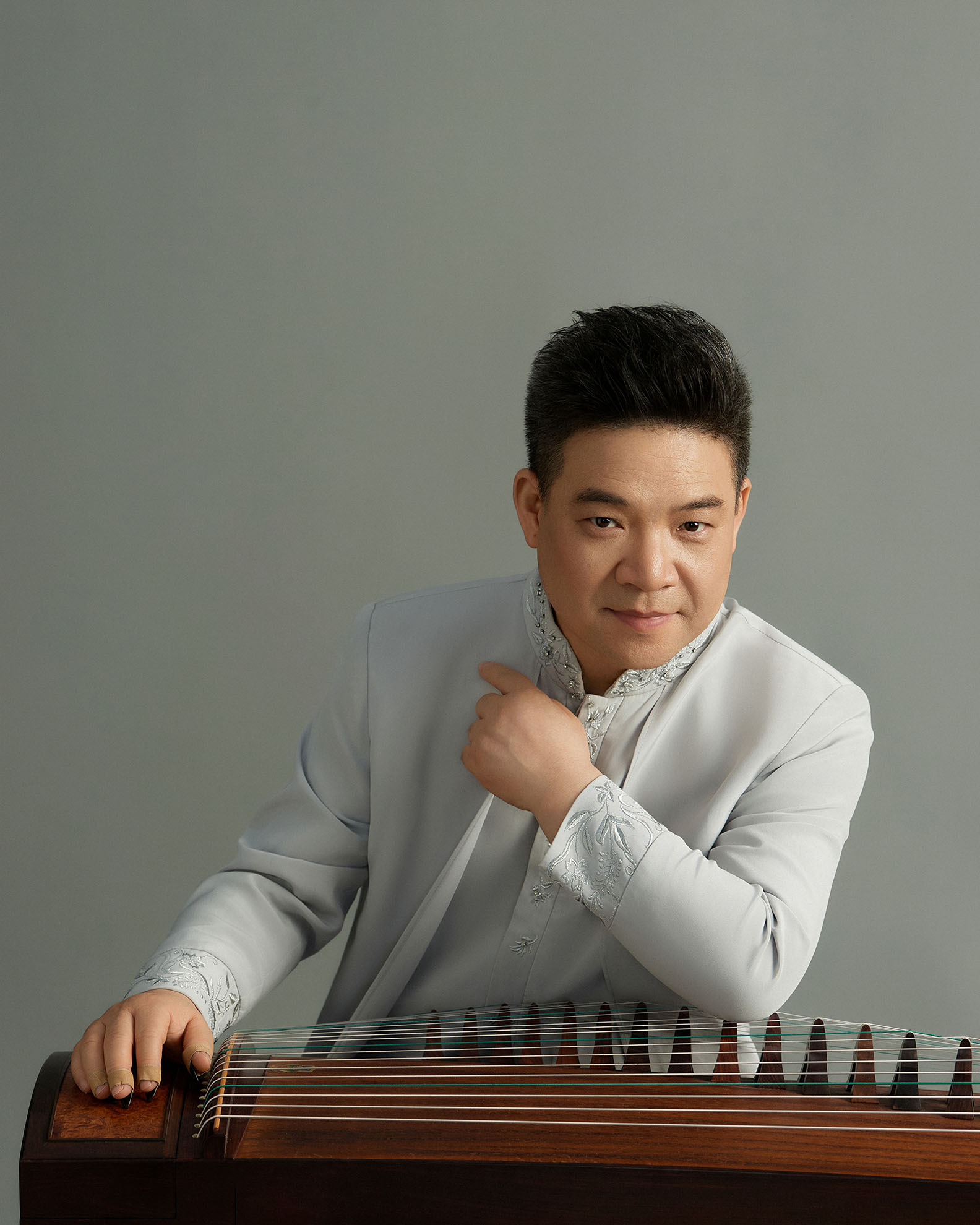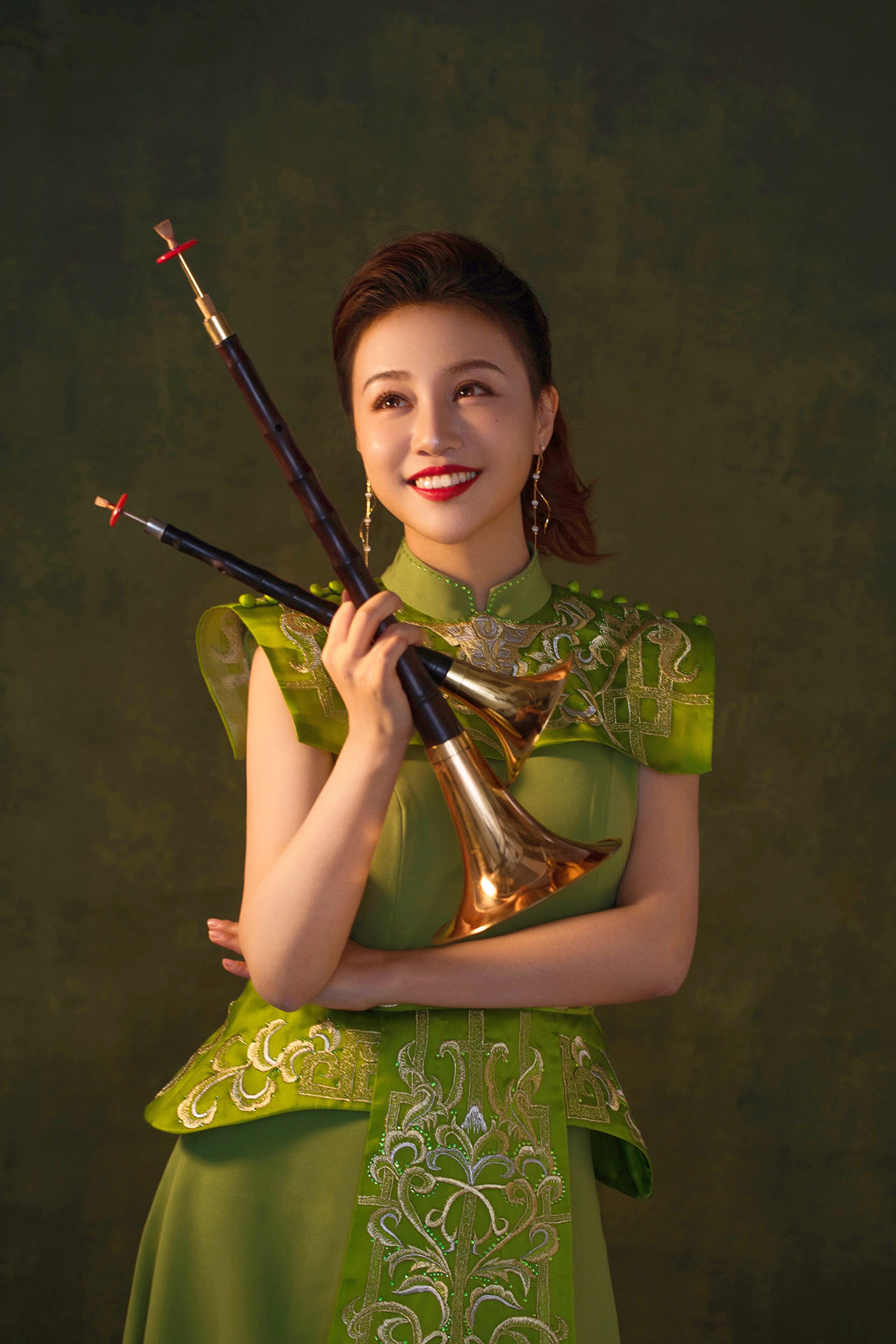ORCHESTRA: China Conservatory of Music Traditional Orchestra
The China Conservatory of Music Traditional Orchestra assembles distinguished Chinese instrumentalists from around the world to create an ensemble that aims to set the highest standards of artistic excellence in Chinese traditional music.
read more
Committed to exploring innovative directions in Chinese music theory, composition, and performance, the orchestra dedicates itself to interpreting Chinese classics, amplifying the voice of Chinese music, highlighting Chinese traditions, and showcasing the richness of Chinese culture to the world. By enhancing the influence of China’s cultural heritage, the China Conservatory of Music Traditional Orchestra actively supports the university’s “Double First-Class” initiative and its development into a leading research institution. This includes promoting integrated progress in talent cultivation, academic research, cultural preservation, social engagement, and international collaboration, thereby contributing to the university’s esteemed global standing.
CONDUCTOR: LI XINCAO
Li Xincao currently serves as the President of the China Conservatory of Music, a professor, a National First-Class Conductor, and a doctoral supervisor. He serves as the Vice Chairman of the China Musicians Association and the Chairman of the Beijing Musicians Association. He is the first Chinese conductor to lead the Vienna State Opera and has been named one of the “100 Youths Influential in China’s 21st Century” by China Youth.
During his studies at the Conducting Department of the Central Conservatory of Music in China, he was mentored by Professor Xu Xin and studied opera conducting under Professor Zheng Xiaoying. At the University of Music and Performing Arts Vienna, he studied conducting with Professor L. Hager. Following his graduation, he continued his studies and practical work under the guidance of Mr. Li Delun and Mr. Yan Liangkun.
read more
He rose to prominence at an early age, conducting the former Central Orchestra and the Shanghai Symphony Orchestra at the age of 20. By the age of 22, he had won the National Conducting Competition. His esteemed career includes serving as conductor of the National Ballet of China Symphony Orchestra, Music Director and Chief Conductor of the Busan Philharmonic Orchestra in South Korea, and Principal Conductor and Director of the China National Symphony Orchestra. In 2022, he was appointed President of the China Conservatory of Music. In 2024, he was bestowed with the title of Honorary Principal Conductor by the China National Symphony Orchestra.
Li Xincao’s musical career spans all five continents, marked by notable achievements in both symphonic and operatic fields. His leadership of the China National Symphony Orchestra during historic global tours has garnered enthusiastic responses, and his performances have been highly praised by leading music critics worldwide. Over the past 30 years, he has made significant contributions to the global music stage with the China National Symphony Orchestra, witnessing the expansion and development of Chinese symphonic music worldwide and setting records for world tours by Chinese symphonic ensembles.
Li Xincao is dedicated to discovering and promoting Chinese music. Over the years, he has continuously re-staged and refined classic Chinese music works and revived many forgotten masterpieces. He actively supports the performance of new works and has organized and premiered numerous outstanding contemporary Chinese music compositions.
PIPA SOLOIST: YANG TINGTING
Yang Tingting is an Associate Professor and Deputy Director of the Department of Chinese Traditional Music at the China Conservatory of Music, where she also serves as a Graduate Supervisor. She is a member of the China Musicians Association and serves as President of the Beijing Chinese Traditional Music Association. Additionally, she is the Deputy Secretary-General of both the Pipa Society under the China Musicians Association and the Pipa Professional Committee of the China Traditional Orchestra Society. Yang Tingting holds a master’s degree in Pipa Performance from the China Conservatory of Music and a Ph.D. in Economics from the Chinese Academy of Social Sciences.
read more
Yang Tinging has received numerous accolades, including the first prize in the National Pipa Competition at the Chinese Music “Golden Bell Awards.” In 2010, she was recognized as one of Jiangsu Province’s “Outstanding Young Performing Artists.” She was selected as a high-level young talent in Beijing in 2018 and was included in the Beijing-Tianjin-Hebei High-Level Talent Program in 2019. In 2022, she was awarded the National Arts Fund Young Talent Support Project, and in 2024, she was again selected for the National Arts Fund Young Artist Creation Talent Program.
ERHU SOLOIST: MA KE
Ma Ke is a young erhu teacher at the China Conservatory of Music and an outstanding erhu performer, honored with the Golden Bell Award for erhu. In 2006, she was admitted to the China Conservatory of Music with exceptional results, and studied under Professor Song Fei. After earning her master’s degree in 2013, she remained at the conservatory to teach, dedicating herself to preserving the essence of traditional Chinese music.
read more
Ma Ke has achieved remarkable success in the field of music, winning numerous domestic and international awards, including first prize at the 8th China Golden Bell Award for erhu. She was also named one of China Central Television’s Top Ten New Erhu Players. In 2020, her solo album Strings Through Time was released by the People’s Music Publishing House, showcasing her profound artistic talent.
Internationally, Ma Ke’s performances have captivated audiences worldwide. From her appearances in Edinburgh and a charity music festival in France to a solo concert in Vienna, she has continually expanded the boundaries of her art, demonstrating the boundless charm of erhu.
As an educator, Ma Ke has introduced innovative teaching methods, nurturing many talented erhu students who have gone on to win significant awards. On August 3, 2024, she held a solo erhu concert at the Ehrbar Saal in Vienna, Austria, showcasing the rhythmic beauty of the Chinese erhu and continuing her efforts to promote traditional Chinese culture.
GUZHENG SOLOIST: WANG ZHONGSHAN
Wang Zhongshan is the Director of the Department of Traditional Chinese Music at the China Conservatory of Music, where he also serves as a Professor and Doctoral Supervi-sor. He is the President of the Guzheng Society of the China Musicians Association, Vice Chairman of the Social Music Committee of the China Musicians Association, and Presi-dent of the Guzheng Professional Committee of the China Traditional Orchestra Society. Recognized as a leading figure in the national “Ten Thousand Talents Program,” he has been honored as a “National Cultural Master” and “National Distinguished Artist.” Wang Zhongshan is a prominent figure in undergraduate education and has received numerous accolades, including being named an “Outstanding Chinese Traditional Musician.”
read more
A pioneering artist in guzheng performance, Wang introduced the use of artificial nails on both hands and developed innovative techniques, such as left-hand tremolo and multi-finger tremolo. These contributions have revolutionized guzheng playing, earning him the titles “Virtuoso of the Guzheng” and “Leading Figure in Chinese Guzheng Art.”
SUONA SOLOIST: ZHANG QIANYUAN
Zhang Qianyuan is an Associate Professor in the suona department at the China Conservatory of Music, Deputy Secretary-General of the Suona Professional Committee of the China Traditional Orchestra Society, and a member of the China Musicians Association. She is the first suona player in China to receive the National Arts Fund’s Performing Arts Talent Award and is recognized as one of Beijing’s top young talents. Zhang Qianyuan has also been honored with dual first prizes in the prestigious “Golden Bell Award” and “Wenhua Award.”
read more
Her international achievements include first prizes at the 35th International Youth Arts Festival Competition in Vienna (2006), the Llangollen International Musical Eisteddfod Competition in Wales, UK (2008), and the International Music Festival Competition in Uzbekistan (2011). Zhang Qianyuan studied suona under the renowned suona performer, Professor Liu Ying and musicology under Professor Zhao Tarimu.
In recent years, Zhang Qianyuan has frequently been invited to perform as a soloist at major state events both in China and abroad. On October 17, 2023, she performed the iconic suona piece “Hundreds of Birds Worshipping the Phoenix” at the Great Hall of the People during the Belt and Road Forum for International Cooperation, attended by global leaders. On March 27, 2014, she was invited to perform a suona concerto at the “50th Anniversary of Sino-French Diplomatic Relations Commemorative Concert,” collaborating with a French symphony orchestra. Additionally, she performed at UNESCO state events in September 2023, the opening concert of the International Contemporary Music Festival in May 2022, and the “Spring Festival Gala” hosted by the China Federation of Literary and Art Circles in 2022 and 2023.
Zhang Qianyuan is a distinguished musician dedicated to bringing Chinese traditional music to international audiences, establishing herself as a leading figure in the global promotion of suona and Chinese cultural heritage.
Wang Danhong
Chinese national actress and leading actress in Anhui operas.
Liu Wenjin
Composed classical Chinese music, he is best known for his erhu piece “Sanmen Gorge Rhapsody”, which premiered in 1981.
He Zhanhao
The “Butterfly Lovers’ Violin Concerto” is one of the most famous Chinese orchestral works, written for Western style and featuring a solo violin using Chinese techniques. It uses melodies and chord structures from the Shaoxing opera and attempts to imitate the playing techniques of Chinese musical instruments. This gives the piece an unmistakable “Chinese” sound, although it uses tonal harmonies.
The concerto was written in 1959 by the two Chinese composers He Zhanhao and Chen Gang when they were still students at the Shanghai Conservatory. The work can be heard in figure skating and concert halls around the world. Today, the concerto is often performed with Chinese instruments playing the violin part, especially the erhu, pipa and liuqin.
Tan Dun
Tan Dun is a Chinese-born American composer and conductor. He is a leading figure in contemporary classical music, drawing on a variety of Western and Chinese influences – a dichotomy that has shaped much of his life and music. He has worked with leading orchestras around the world and has won numerous awards, including a Grammy Award for his score to Ang Lee’s “Crouching Tiger, Hidden Dragon” (2000). His body of work includes operas, orchestral, vocal, chamber, solo and film music, as well as genres Tan describes as “organic music” and “music ritual”.
His compositions contain audio-visual elements, use instruments made of organic materials such as paper, water and stone, and are inspired by traditional Chinese theater and ritual performances. In 2013, he was named a UNESCO Goodwill Ambassador.
In 1998, Tan Dun premiered his opera “The Peony Pavilion”, an adaptation of the Kunqu play of the same name by Tang Xianzu from 1598.
“The Peony Pavilion”, directed by Peter Sellars, was the opening production for the new Hall E in the MuseumsQuartier as part of the Vienna Festival Weeks 2001.



